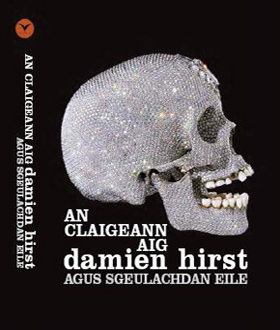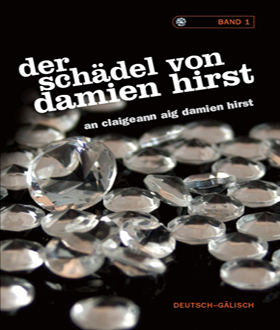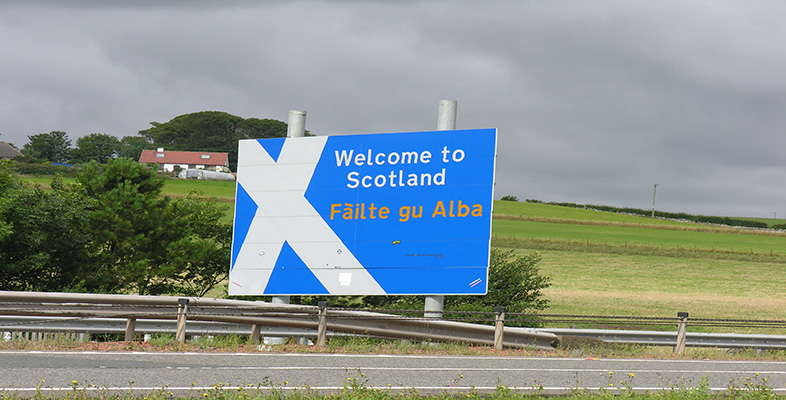2.8 Learners and enthusiasts worldwide
There are significant numbers of Gaelic learners outside Scotland, many of them utilising the opportunities for learning provided by internet resources, or engaging in distance learning courses like the Cùrsa Inntrigidh [Tip: hold Ctrl and click a link to open it in a new tab. (Hide tip)] at Sabhal Mòr Ostaig. Some of these are in countries which were traditional recipients of emigrant Gaels, such as Australia, New Zealand, Canada, the United States and Argentina, as well as England, Wales and Ireland.
But Gaelic learners, some of whom have achieved moderate or total fluency, are also to be found in countries as diverse as Brazil, China, Russia, Kazakhstan, Hungary, Poland, Austria and Switzerland. Most of these are not descendants of emigrant Gaels, but people of varied cultural backgrounds who have taken an interest in Gaelic as individuals, having been attracted to the language in a variety of ways, such as through music, storytelling, an interest in Celtic heritage or history, or falling in love with the landscape and/or people of the Gàidhealtachd.
The most numerous of this latter group are to be found in Germany. Michael Klevenhaus is a fluent Gaelic-speaking German who has written a handbook in German for students of Gaelic (Schottisch-Gälisch: Wort für Wort), and who teaches the language to students at the University of Bonn. A considerable number of Germans have learned Gaelic to fluency and some are now making a living within the Gaelic economy in Scotland.


Gaelic learners are an important addition to the modern world of Gaelic, demonstrating (to native Scots among others!) that the language can not only be learned to fluency as an adult without too much difficulty, but that it possesses a powerful attractiveness to people outside its traditional community, who will bring with them new energy and vision.
